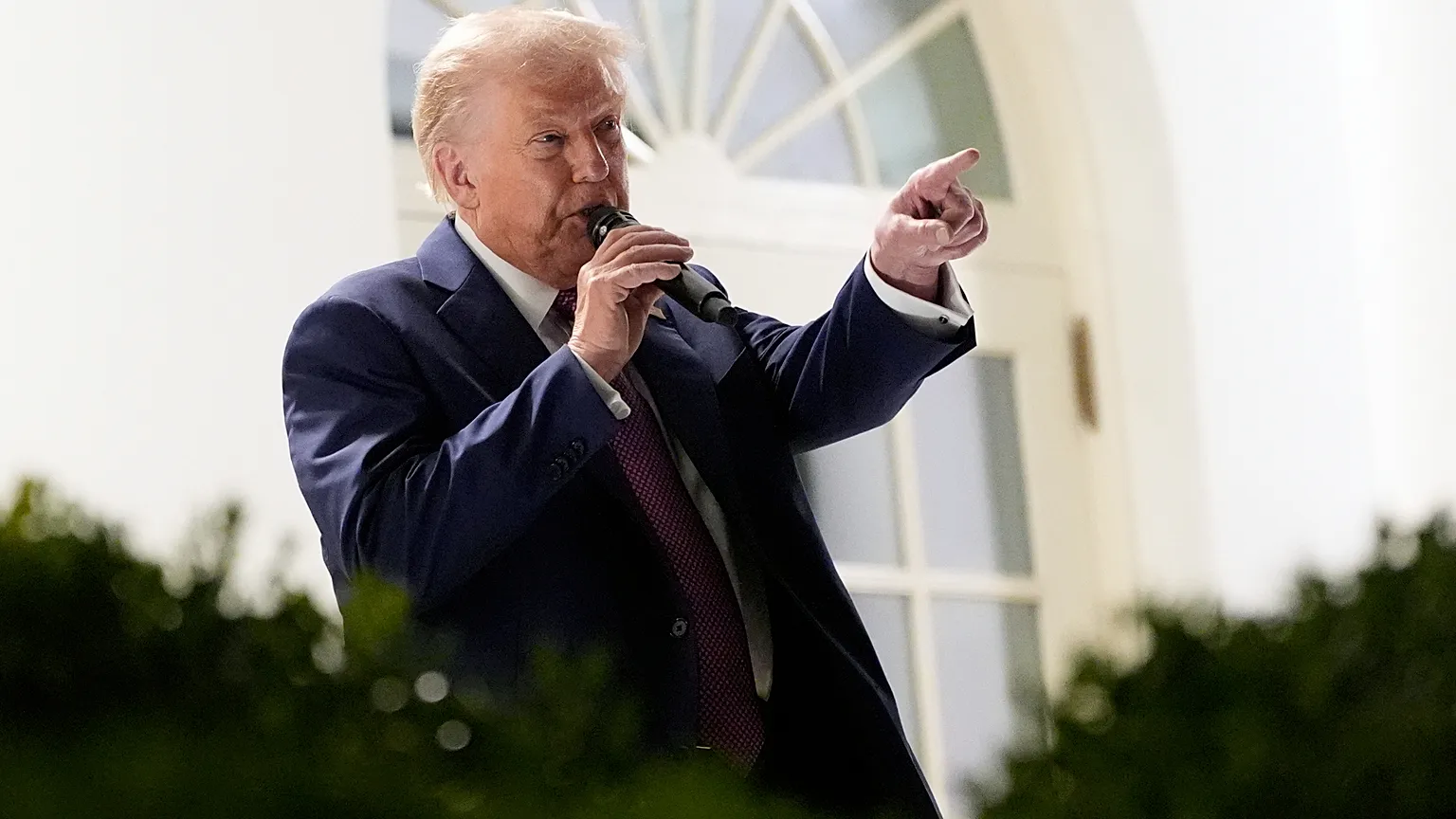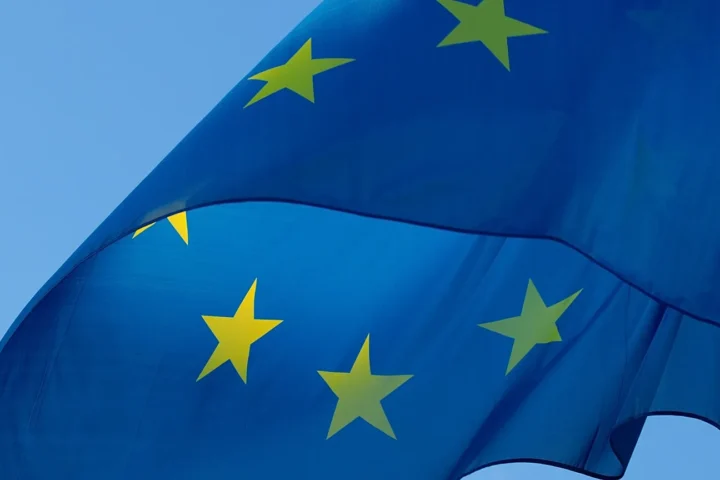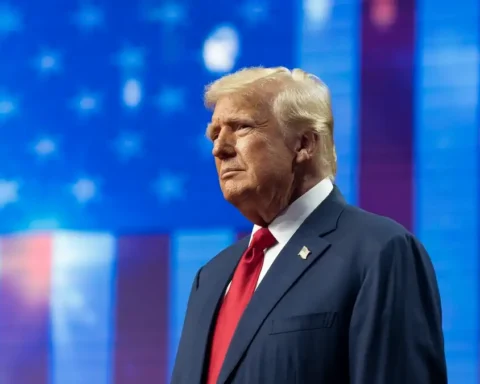President Donald Trump has escalated his rhetoric against European regulators after the European Union imposed a multi-billion-dollar antitrust fine on Google. The EU ruling, which accuses the tech giant of abusing its dominance in digital advertising and search, has prompted Trump to suggest potential retaliation against European companies and regulators—raising concerns about a new flashpoint in U.S.-EU trade relations.
The EU’s Fine and Rationale
The European Commission fined Google €4.3 billion ($4.7 billion) for allegedly leveraging its dominance in search and advertising technology to stifle competition. The EU claims that Google favored its own services in search results, disadvantaging rival advertisers and undermining consumer choice. This fine follows previous EU actions against Google, including penalties for Android bundling practices and AdSense agreements.
EU officials argue that the fines are part of a broader effort to enforce competition law in the digital sector, where traditional antitrust tools struggle to keep up with the rapid evolution of online markets. The Commission has emphasized that it is protecting market fairness and preventing monopolistic behavior that can harm both consumers and competitors.
Trump’s Response
Trump responded swiftly, using social media and public statements to frame the EU’s actions as unfair and hostile to American business. He warned that U.S. regulators and lawmakers might pursue retaliatory measures against European tech companies operating in the United States, or even against European economic interests more broadly.
“Europe has gone after our great companies like Google, and we’re not going to stand for it,” Trump said in a press statement. “They treat us unfairly, and it’s time America fights back. Our companies built these platforms, and we cannot allow foreign regulators to strangle innovation and jobs.”
Trump’s rhetoric echoes past criticisms of global trade practices and regulatory overreach. Analysts note that while he is no longer in office, his statements carry weight in shaping political discourse and influencing the positions of lawmakers and industry groups.
Implications for U.S.-EU Relations
Trump’s threats, if acted upon, could exacerbate existing tensions between the United States and the European Union over technology, trade, and regulatory policy. U.S. tech giants such as Google, Apple, Amazon, and Microsoft are frequently scrutinized by EU regulators, prompting ongoing debates about fairness, taxation, and market access.
Some trade analysts warn that retaliatory measures could lead to a tit-for-tat escalation, affecting not only the tech sector but also broader commerce and transatlantic cooperation on digital standards. Others argue that such threats are largely rhetorical, aiming to bolster domestic political support rather than trigger immediate policy action.
The Broader Antitrust Debate
This confrontation highlights a wider debate about antitrust enforcement in the digital era. While Europe has aggressively pursued regulatory action against Big Tech, the United States has historically been more cautious, though scrutiny is growing under both the Federal Trade Commission (FTC) and the Department of Justice (DOJ).
Critics argue that fines alone may not be sufficient to address the structural dominance of companies like Google. Proposals in the U.S. Congress include stricter rules on mergers, algorithmic transparency, and potential structural separations of major digital platforms.
Market Reactions
Financial markets reacted cautiously to Trump’s statements and the EU fine. Alphabet, Google’s parent company, saw modest stock price fluctuations, reflecting investor awareness of potential regulatory risks but confidence in the company’s continued dominance. Analysts note that while fines can be significant, they rarely threaten the overall profitability or strategic position of a firm like Google.
Looking Ahead
The situation underscores the growing intersection of politics, technology, and international regulation. As EU regulators continue to scrutinize digital platforms, U.S. political figures may increasingly view these actions through the lens of national economic interests.
Whether Trump’s threats will translate into concrete policy action remains uncertain, but the episode signals a broader challenge for multinational tech companies navigating divergent regulatory landscapes. For Google, the EU fine is just another hurdle in an increasingly complex global environment, where political and economic considerations are tightly intertwined.




























